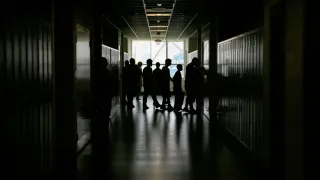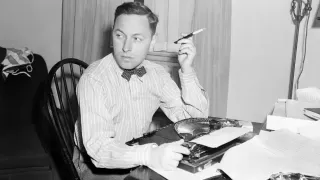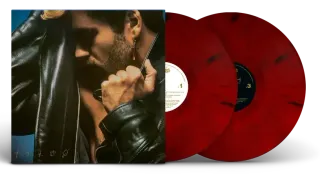March 18, 2018
Tap Your Credit Cards for Spring Break Savings
Melissa Lambarena READ TIME: 3 MIN.
If you've been stuck in that familiar post-holidays, pre-summer travel dry spell, chances are you've had your spring break dates circled on the calendar for some time.
You've likely already set your destination and bought your tickets, but there are still ways you can save money on your trip, especially if you have the right credit card.
Whether you're bound for an international adventure or a visit to the in-laws, here are some features and benefits you may be able to enjoy.
1. NO FOREIGN TRANSACTION FEES
Some credit cards charge foreign transaction fees, generally 1 to 3 percent of each purchase, every time you use them internationally. If you charged $2,500 on a credit card with a 3 percent foreign transaction fee, it would cost you an additional $75.
"My husband's family is from Canada," says Kimberly Tate, mother of two and blogger at Stuffed Suitcase. "The first trip we ever went up there, we had a card that didn't have the no foreign transaction fees, and we were just shocked."
After seeing foreign transaction fees add up, Tate no longer uses credit cards that charge them.
2. CHECKED BAGS OR TRAVEL CREDITS
Airline credit cards and premium travel credit cards typically charge annual fees, but you can offset that cost if the card offers free checked bags or travel credits.
If you're loyal to one airline, your airline credit card can save about $25 on checked bag fees each way. That's $50 round trip, and potentially more if the card offers free checked bags for travel companions. For frequent travelers, the savings outweigh the annual fee.
Premium travel credit cards can offer annual travel credits that may include checked bags, airfare, in-flight purchases and more, depending on the terms of the card.
3. AIRPORT LOUNGE ACCESS
Instead of splurging on meals at the airport, see whether your credit card offers airport lounge access. If so, you may have access to complimentary meals, beverages, Wi-Fi - even a shower, depending on the lounge.
"If you're someone like me that travels all the time, and you add up the meals that you get at the lounges, it does end up saving you money," says Anisa Alhilali, who lives in Norwich, England, and runs the blog Two Traveling Texans. "Plus, it's a nicer environment than sitting out at the gate or eating at the food court."
4. TSA PRECHECK OR GLOBAL ENTRY CREDIT
If time is money, find out whether your credit card will reimburse you the application fee for TSA PreCheck or Global Entry programs . These programs can offer faster clearance through airport screening, and some cards offer application credits of up to $100.
TSA PreCheck, offered by the U.S. Transportation and Security Administration, gives you access to special security lanes at 200 airports nationwide. Global Entry, operated by U.S. Customs and Border Protection, gives you the same benefits as TSA PreCheck, plus expedited customs screening when you're re-entering the U.S. With either program, if you're approved your status is good for five years.
If your spring break isn't for another several weeks, you may be able to get through the application process in time for takeoff. If not, consider it for summer travel.
5. INSURANCE BENEFITS
Take advantage of the insurance benefits your credit card may provide. Some cards, for example, feature lost luggage reimbursement. And some offer trip cancellation insurance, which may provide refunds - up to a certain amount - on airfare or other travel expenses if you book the trip with the card but later have to cancel.
A few credit cards offer primary coverage when you use them to rent a car. Primary coverage allows the card issuer to cover damages first without having to get your personal auto insurance involved. To qualify, you have to decline the rental car agency's collision damage waiver, which also saves you money.
TAKE INVENTORY OF YOUR CREDIT CARDS
Find out what perks and benefits are hiding in your wallet. If there aren't any, you might still have time to apply for a credit card that offers them.
Generally, these kinds of cards charge an annual fee and require a good credit score to qualify. But if you get approved, you might have the chance to earn a hefty sign-up bonus that can save you money on your next trip.
As long as you pay your bill in full every month and the benefits offset the annual fee, you could save on your spring break.
This article was provided to The Associated Press by the personal finance website NerdWallet. Melissa Lambarena is a writer at NerdWallet. Email: [email protected]. Twitter: @LissaLambarena.






